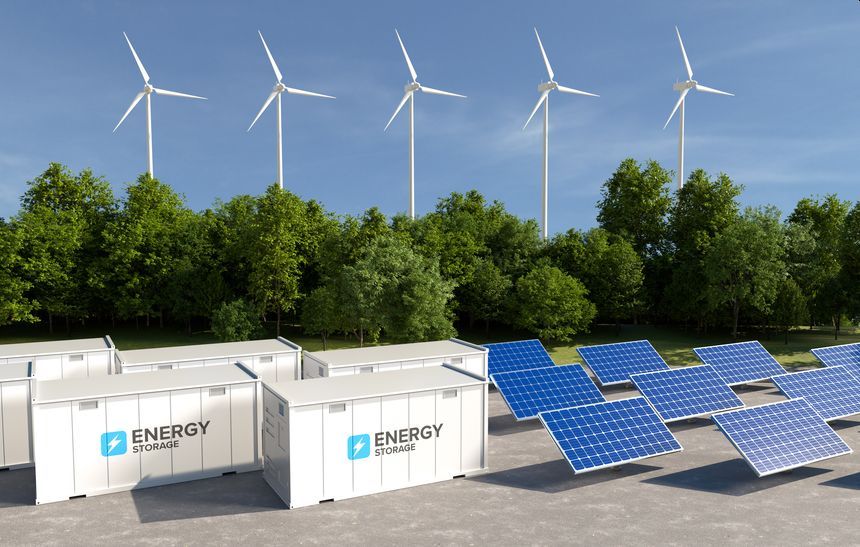In a bid to boost renewable energy capacity, the host of this year's UN COP29 Climate Summit, Azerbaijan, are proposing a pledge by the participating governments to increase global energy storage capacity six-fold, to 15000 GW by 2030.
It is widely acknowledged that, in order to transition to renewable energy, it is vital to provide sufficient energy storage to ensure electricity supplies, for example at peak times or when renewable energy production is low. Thus energy storage is vital, in addition to a mix of renewable energy sources.
There are various options for energy storage but the bulk of energy storage will inevitably be provided by battery storage installations. Other options include, pumped storage hydropower, liquid air energy storage, and compressed air energy storage. It is thought that 90% of energy storage requirements will be provided by battery installations. Especially since the cost of batteries has been falling steeply as global supply increases driven primarily by EV battery demand.
There are of course issues with battery production on a large scale, not least the scarcity of the key ingredients such as Lithium, Nickel and cobalt. The issues with environmental pollution and labour abuses must not be underplayed. The challenge for the global community is to safely increase the production of these materials, whilst protecting the environment, preventing abuses and ensuring that local communities benefit from any such mining activities.
In addition to increasing production of batteries, therefore, it is crucial that batteries are used efficiently and sustainably. It is, therefore, heartening to see the progress being made in battery recycling and refurbishment, as well as the increased use of EV "flexing". EV flexing refers to the flexible provision of charging (or energy return to the grid) to adapt to grid demands.
Visit the Marks & Clerk Energy Hub to explore how IP can help accelerate the race to 'Net Zero'.

The content of this article is intended to provide a general guide to the subject matter. Specialist advice should be sought about your specific circumstances.



